We study various experiences related to tabletop games and video games, exploring why games are enjoyable and how they can be made more enjoyable. Through this research, we aim to provide guidelines for applying cognitive science insights to game development, as well as for applying the enjoyment of games to other fields such as education and rehabilitation.
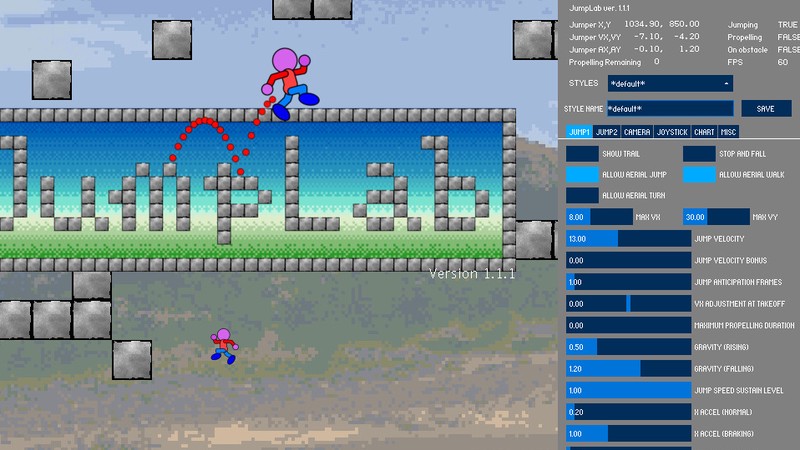
Gaming Experience
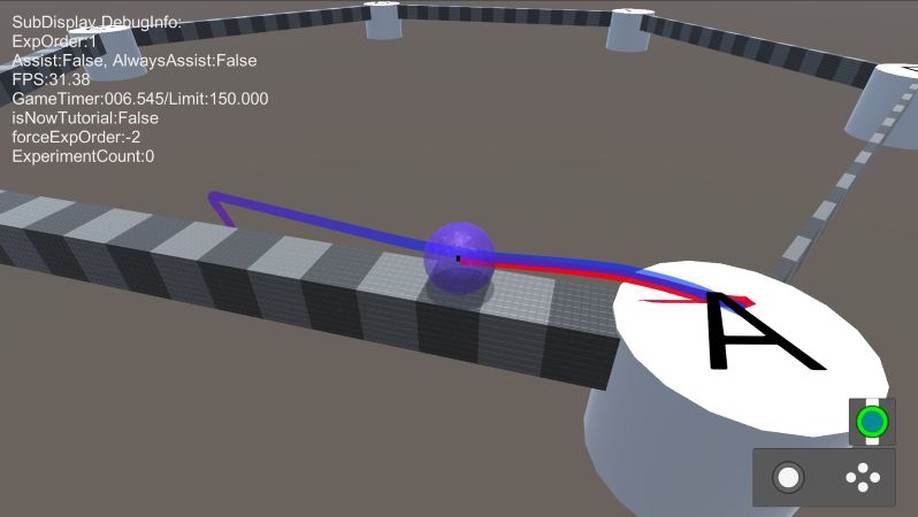
Imperceptible Assist
Developed an assistive technique that imperceptibly supports player operations and experimentally evaluated its effectiveness and imperceptibility.
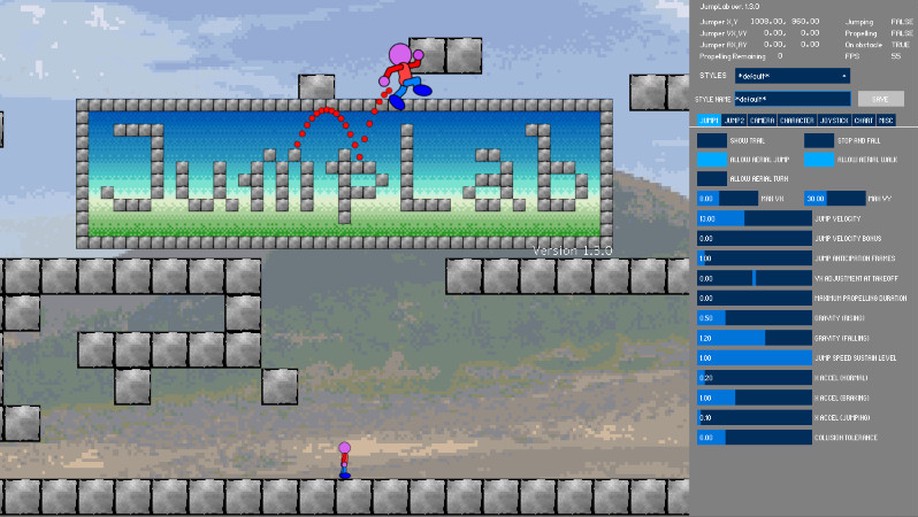
JumpLab
JumpLab is an educational tool for experiencing and learning parameter tuning of the 3Cs (Character, Controls, Camera) in game development. It uses both 2D and 3D jump games as subjects.
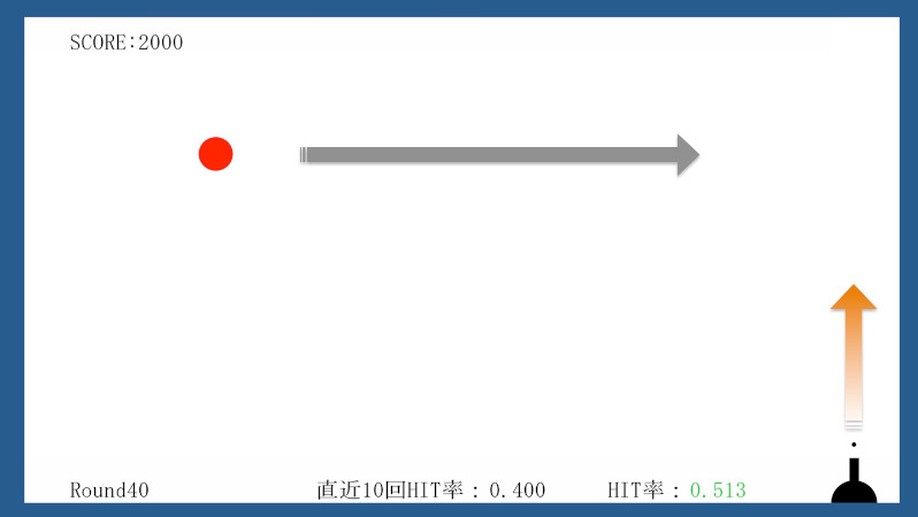
Impact of Sense of Improvement on Sustained Motivation
This study demonstrates that by imperceptibly adjusting projectile velocity to increase hit rates in shooting games, players experience a sense of improvement that enhances their motivation to continue playing.
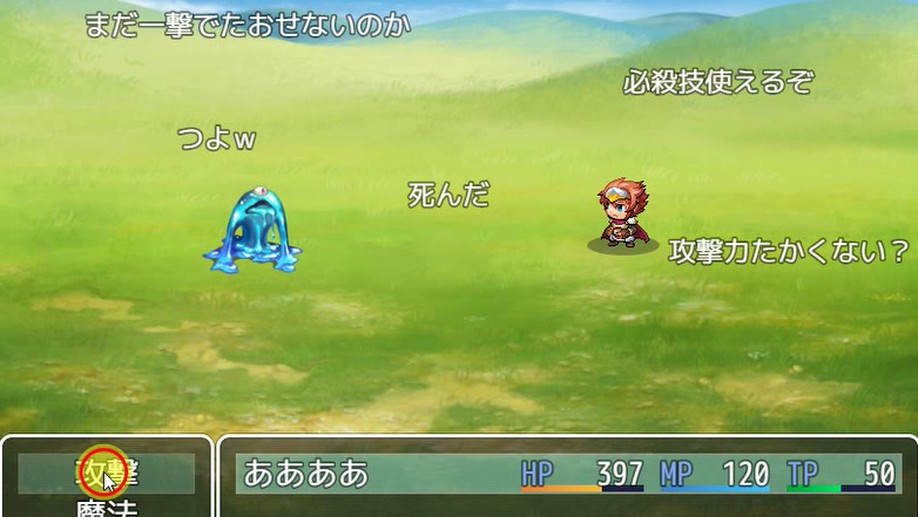
Pseudo-synchronized Inter-player Communication System
We applied the pseudo-synchronous communication style of Niconico Douga to games and examined its effects on sharing emotions and a sense of live experience among players. On RPG Atsumaru, many game-specific comments were observed, indicating empathy and new forms of communication.
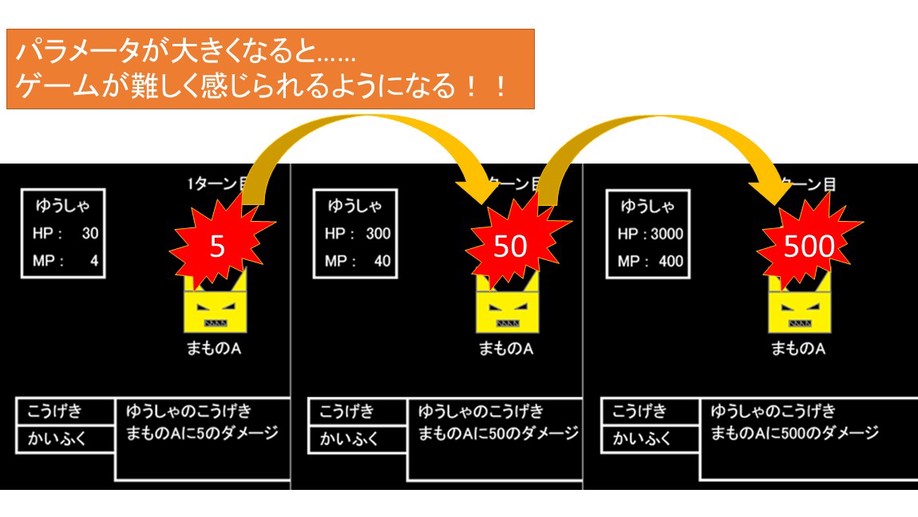
Effects of Parameter Presentation Methods in Games on Player Satisfaction
An experimental study that revealed how the magnitude of numerical parameters such as HP and damage in RPG combat scenes affects players’ subjective difficulty perception, even when the actual difficulty remains the same.
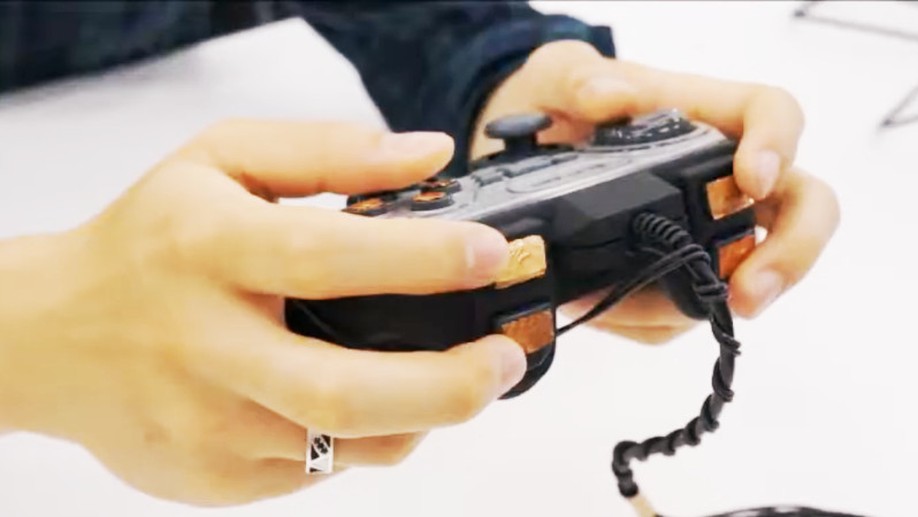
Electrical Stimulation Controller
Research on a game controller that provides tactile feedback by stimulating only fingertips using low-frequency electrical stimulation.
